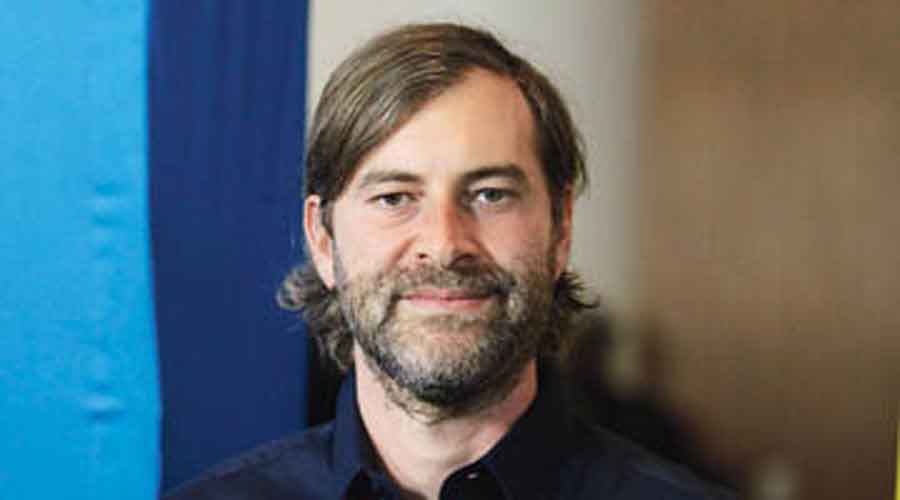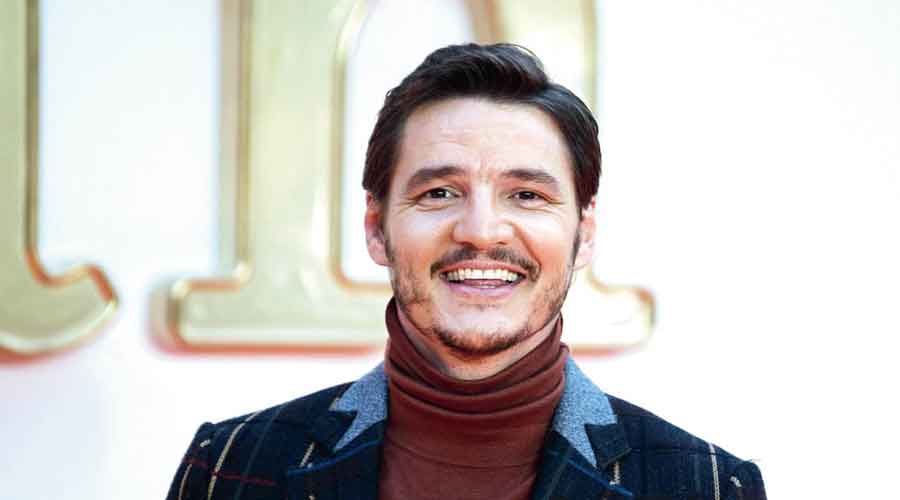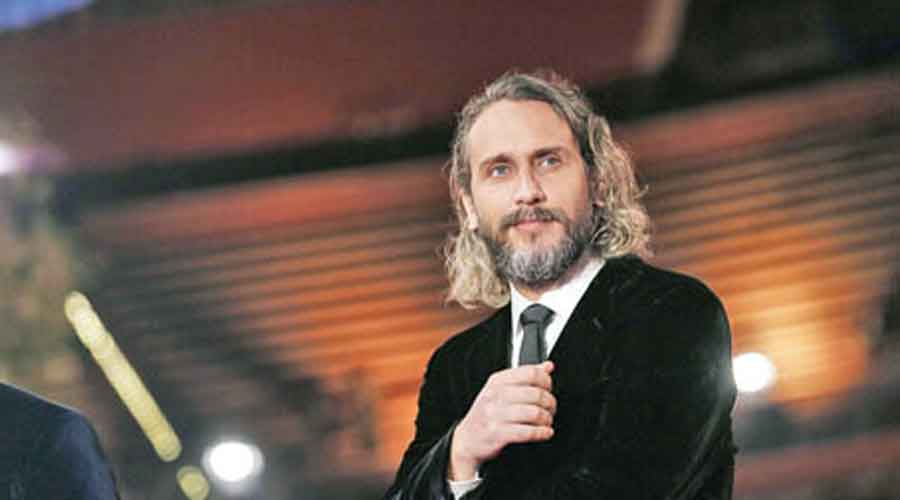When Michele Besso died in 1955, his friend Albert Einstein wrote a letter to the family members: “Now he has departed from this strange world a little ahead of me. That means nothing. People like us, who believe in physics, know that the distinction between past, present and future is only a stubbornly persistent illusion.”
Whether the flow of time is smooth continues to be a topic of debate in scientific circles while an inspiration for film directors like Fede Alvarez, a name many associate with titles like Don’t Breathe, Evil Dead and The Girl in the Spider’s Web.
We live by the calendar and watch but what makes up a moment in time is subjective. Alvarez knows this well. Once you rip up the fabric of time by modifying what has really happened, it is difficult to sew it up straight to what it was before.

Mark Duplass
Power of sound waves
Unlike anything that’s on TV at the moment, the Uruguayan filmmaker rips up time without offering visuals in the traditional sense on his Apple TV+ show, titled Calls. Episode after episode play out to visuals that remind us of Windows Media Player, of how algorithm can dictate shapes through interpretation of sound data. All we hear are voices that connect over the telephone.
The voices can be of any of us. The stories can be from any of our nightmares. Or the stories can very well be that of our hidden fears. Like on the episode titled Pedro Across The Street in which a man named Pedro plays around with the minds of a next-door young couple. Then there is Me, Myself and Darlene, in which an abusive husband tries to rescue his wife from himself.
In fact, having sat through all the stories, one realises the hysteria voices can create and have done in the past. The many telephone calls heard over the many episodes remind one of the mass hysteria that seized thousands of radio listeners in 1938 when Orson Welles’s dramatisation of H.G. Wells’s fantasy, The War of the Worlds, made it appear that an interplanetary conflict had started. On Calls, it’s about when your conscience frightens you.

Lily Collins
Alvarez plays around with sounds and voices. “It was a fascinating process, something we never done before like this,” he tells us over video call. The voices are kept company by abstract visualisations. “But everybody sees it (the visualisations) differently, almost like a Rorschach test where you are given shapes. The visuals try to convince that you saw something.”
The director started working on Calls “even before the pandemic really hit, so we had a plan to do it before the situation set in”. Over the episodes, we get to hear some terrific voices, Mark Duplass to Lily Collins, Nick Jonas to Pedro Pascal and many more.

Pedro Pascal
‘Stories are everything’
The 43-year-old director has based his series on a French series of the same name, created by Timothee Hochet. And like Hochet, he has thought out each and every story very well. Alvarez could have easily gone with putting more emphasis on the sound aspect to terrify viewers but he has worked in some spine-chilling stories.
“Stories always come first. It’s the same with movies. Every story indicates certain sounds and music. You have to start there, at least that’s what I do. In the case of movies or TV, maybe a visual idea gets you going but, in the case of Calls, stories are everything and we worked on the script for a long time.”
The visual part of Calls took Alvarez back to the graphics of, say, the Macintosh, which goes well with an Apple TV+ show. “What the visuals do is kind of hypnotise the viewers; kind of makes you not to look away from the screen.” And look away, one could have easily because it’s a show where telephone calls connect over past, present and future, questioning the concept of time.

Nick Jonas
“When you just work with audio, there are many things possible during editing. You can move lines around and take a word out or put one in. You can edit in a way that you can never really do with footage.” The role body language plays in films, is taken over by graphics. “In a film, if I want to show something, I can ask the actor to slow up or speed it down. Here, if the graphics are moving fast, you can imagine the actor to be moving at different speeds… it’s the dynamics of movement.”
The sound recording process was interesting too because of how the pandemic reshaped the way filmmakers work. “The first few episodes were all done remotely, so we would send a lot of equipment to the houses of the different actors and then had to set up the mics and other things. So it was like every actor became a technician. And they had a lot of fun doing it.”
You may wonder what message Calls is trying to send out. Well, it’s as simple and as complicated as the idea of the show. Instead of dying with regrets, it’s cherishing relationships that matter. Or, learning from second chances. Something more complicated would be making choices when extinction is at the doorstep. And the most powerful of them all is the message of Leap Year Girl — the message of getting priorities right.
Alvarez didn’t set out with a single-minded determination to terrify using sounds. His show Calls is as much a nod to our insecurities as it is a reminder of what’s at stake if we become the worst version of ourselves.
Calls is streaming on Apple TV+











